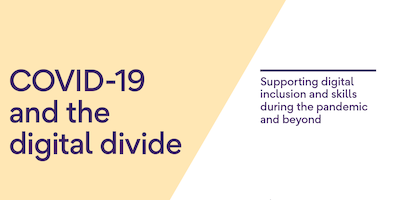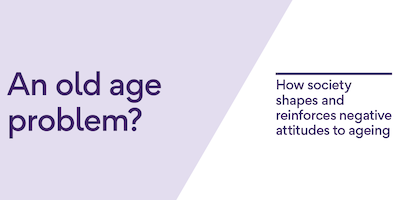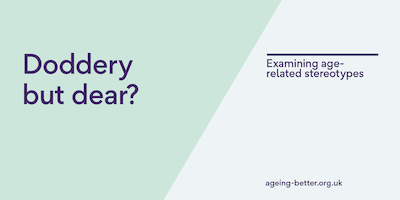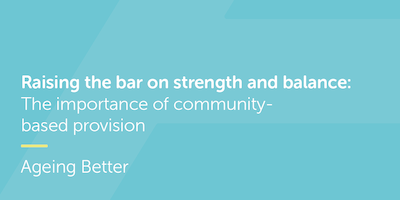At Ageing Better we’re confronting the pernicious ageism that exists across society.
Ageism affects people of all ages, but its damaging impact is often felt most strongly as people age, whether through discrimination in the workplace or being denied access to potentially life-saving healthcare.
Age discrimination
Ageism means society doesn't value older people or invest in ways to help people age well. Everyone, everywhere has a stake in changing this and at Ageing Better we are building an Age-friendly Movement across the country. This includes a new campaign to shift attitudes to ageing and challenge ageism in everyday life.
Read about our work to date exploring ageism across public life.
We’ve also produced practical guides to help organisations change the way they talk about ageing, make their imagery more diverse, and reduce age-bias in the recruitment process.








